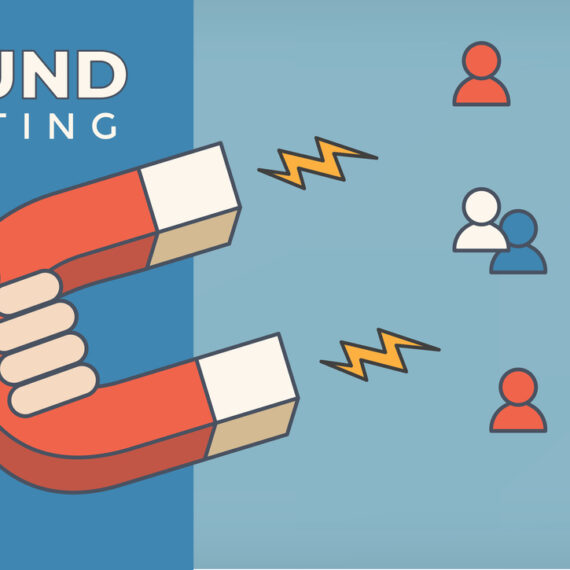What is a Medicare HRA
If you are in Medicare sales, you may have heard the term HRA. In this post we will explain what is a Medicare HRA and why insurance carriers use this tool.
What is a Medicare HRA
HRA stands for Health Risk Assessment. Medicare Advantage plans must do an HRA for every beneficiary within 90 days of their initial enrollment. MA/MAPD plans require qualified health care professionals to conduct HRAs for existing members once a year. These assessments are an important tool for both health plans and providers. Insurance carriers use HRAs to identify the health status of members. Once the HRA is completed, insurance companies make risk adjustments and providers can put a managed care plan in place when necessary. Clients may decide to have the HRA done either in a provider’s office or at home.
The HRA is required by CMS for all members of both Medicare Advantage and traditional Medicare fee-for-service plans. If the member is enrolled in a traditional Medicare Fee-for-service plan, The member’s initial (welcome to Medicare) or preventative visit is used for the HRA. When the member is enrolled in a MA/MAPD plan, the member will be asked to have the HRA. Medicare advantage plans must make a “best effort” to have the member complete the HRA each year.
Click here to watch a quick YouTube video on Medicare Advantage vs. Medicare Supplement plans
HRAs (Health Risk Assessments) help collect important information
The information obtained through a HRA provides a view of the enrollee’s general health, health risk factors, as well as a glimpse into their ability to complete activities of daily living. All these factors provide a view of overall health as well as find gaps in care and provide a basic diagnosis.
Any information obtained can help providers and health plans to create population health initiatives as well as to put an individual health plan in place. The plan may include care management, coordination of care, identification of high-risk individuals and the development of comprehensive care plans with referrals to suitable care team members.
Agents who want to offer Medicare Advantage plans, click here for online contracting
How to conduct a Health Risk Assessment
CMS has not put any specific format in place to conduct the assessments. In many cases, a health care professional asks the beneficiary a series of questions. The questions cover a large range of topics that include family medical history, the beneficiaries current health, their lifestyle and their willingness to adapt behaviors that can improve their health. The answers provided all correspond with a numerical value that determines the weighted risk value and health of the beneficiary.
Because Medicare Advantage companies receive payments from Medicare for each enrollee, Medicare uses this information to help calculate the payments. Health plans receive a prospective capitated payment that is based on the projected cost of care for each beneficiary. Medicare adjusts the payment according to the amount of risk the company assumes per enrollee. This helps ensure the company is able to cover the costs for the care for it’s enrollees. That is why so many Medicare Advantage plan carriers offer their agents an incentive to ensure that new plan enrollees have the HRA completed.
For CMS to accept the HRA for the risk-adjusted payment, it must be either documented in the patient’s medical record or performed as a face-to-face visit with a licensed medical provider and the beneficiary.
Learn about CMS’ Part D drug cap
HRAs are an important tool
HRAs along with a good care management team are a great way to identify and support the specific health care needs of the individual to ensure improved health and better quality of life.














Recent Comments